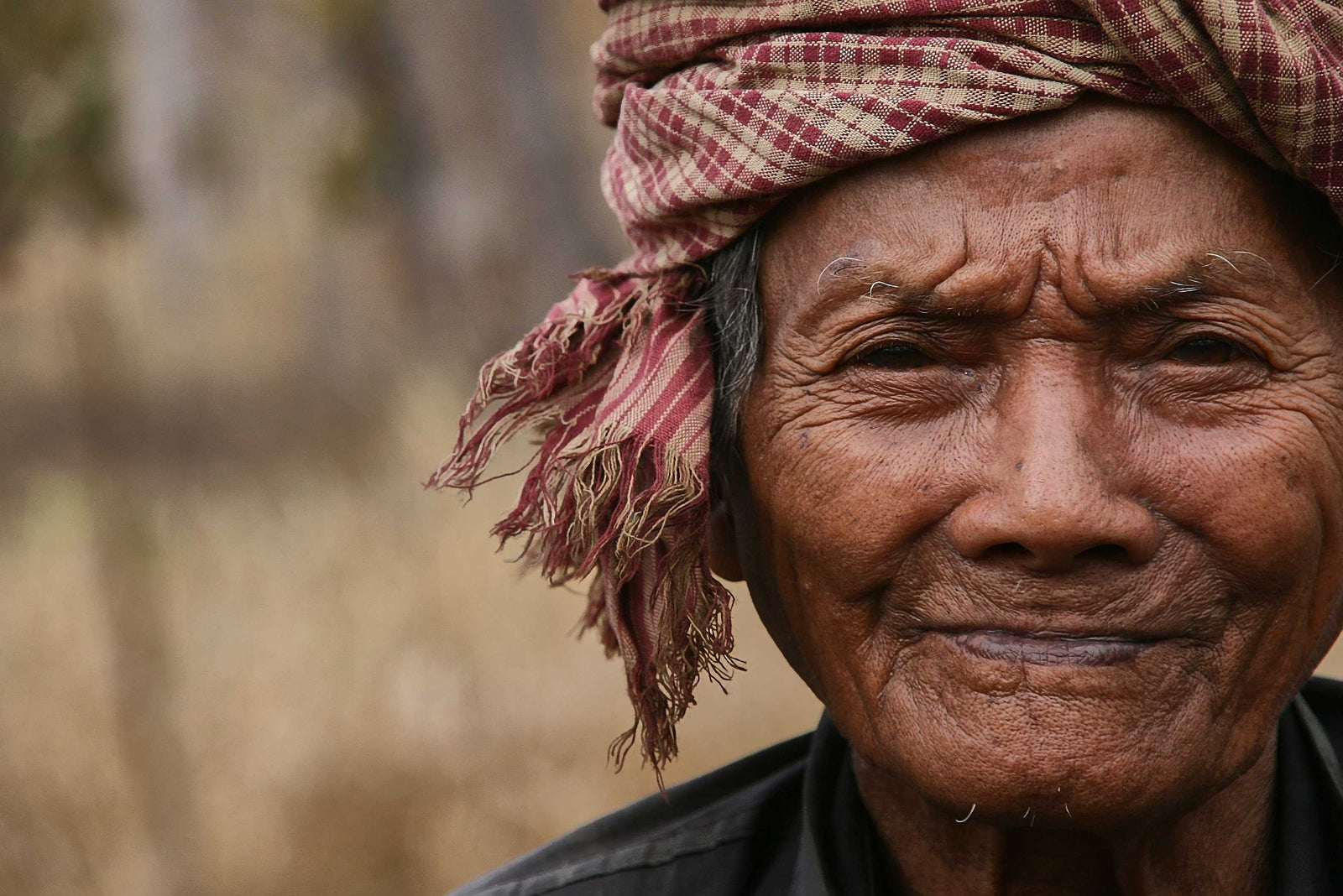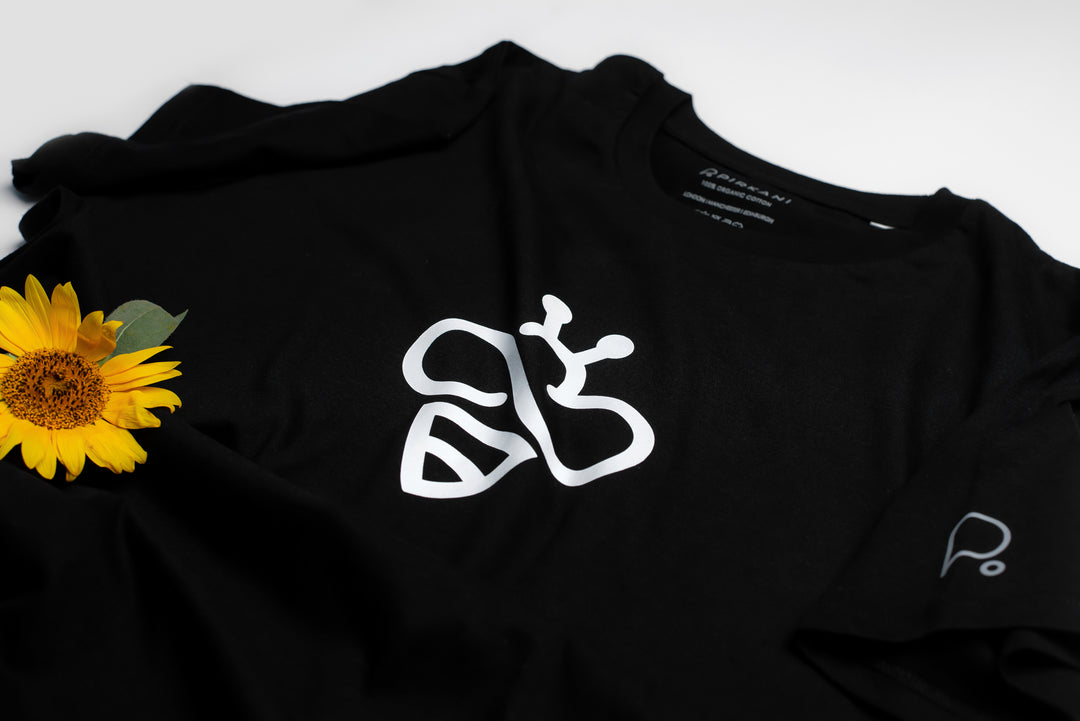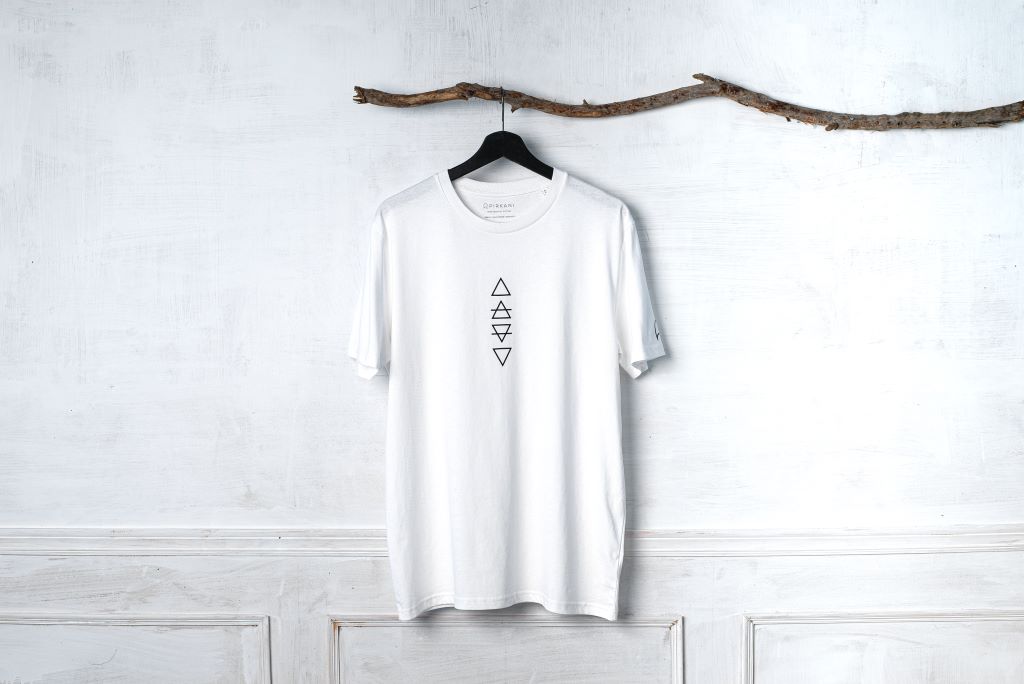How sustainable clothing helps farmers involved in the production process

From cotton farmers to sewists, it's crucial to monitor our clothing's social impacts on the people who make it. Sustainable clothing made by ethical fashion brands helps the environment and helps the people involved in the production process.
The sourcing of cotton, in particular, is riddled with many ethical issues, which create an unsafe working environment, where workers aren't often paid fair wages and deprived of the essential benefits such as healthcare and job protection. Here, we discuss a few aspects of how sustainable fashion helps farmers and factory workers.
The reality of fast fashion
One of the biggest problems within fast fashion is cotton production using forced labour – 65% of the world's cotton is produced in countries where forced labour still exists. In Uzbekistan, for example, forced labour is more organised than anywhere else. After being forced to stop using child labour, the repressive government forcedly mobilises over 1 million citizens every year (including those in essential positions, such as doctors or teachers) to pick cotton for several weeks.
Currently, the textile sector uses 10% to 20% of the world's pesticides, most of which are used in cotton production. These toxic pesticides, herbicides, and fertilisers aren't just damaging the environment – they also threaten the health of the people working at the farms. Aside from cotton farmers who come directly into contact with the chemicals, the people living in the general areas are also affected. The toxic chemicals are washed into rivers by rainfall or irrigation and seep into the groundwater.
Additionally, cotton production in non-organic farms, which fast fashion brands most frequently use, strips the land of its nutrients and affects soil fertility. After a few years of cotton production, the farming land can't be used, and farmers are left without an income and land stripped of its fertility.
Health benefits of eco-friendly clothing
Every day, nearly 1,000 people die worldwide from acute pesticide poisoning. Additionally, even more people are affected by pesticides through developing chronic illnesses such as cancer and leukaemia, neurological diseases and reproductive problems including infertility, miscarriage, and congenital disabilities. Eco-friendly clothing, made from more eco-friendly options such as organic cotton or hemp, helps protect the farmers from the heavy use of pesticides.
While cotton farmers aren't the only people to be endangered by the use of chemicals, they're certainly those who can benefits from the health benefits of eco-friendly clothing the most. For example, organic cotton doesn't use any of the toxic chemicals in the process, delivering clear health benefits of eco-friendly clothing which farmers can benefit from.
Making the farms safe to work on
As with many parts of the fast-fashion supply chains, non-organic cotton farms are often unsafe for workers. Aside from the use of chemicals, farmers are frequently overworked in direct sunlight, and there are other physical dangers they're facing while working. As cotton production and fast fashion are also substantial contributors to climate change, the weather conditions farmers work in are only likely to worsen going forwards – unless we make a change.
Ethical fashion companies heavily monitor where their materials come from, often opting only for those that pass strict regulations such as organic or Fairtrade. These and other trusted labels guarantee safer conditions for farmers, who are given adequate protective equipment and are never overworked to the point of injury.
Rewarding workers with fair wages
Not only is sustainable clothing produced by workers who don't have to risk their lives working at the farm, but they're also being paid adequately for their labour. Outsourcing production to third-world countries in the past decades has led to workers often only being paid a fraction of what would be required in the west. On the other hand, ethical fashion makes sure that even when it does outsource labour to these regions, the jobs it provides are worth having and rewarded accordingly.
Aside from paying farmers the wages they deserve, ethical fashion and sustainable clothing production ensure farmers will keep using their farms for years to come. The production of sustainable fabrics such as organic cotton, linen or hemp is much gentler to the earth and doesn't deplete its fertility as non-organic cotton production would. This gives farmers a stable future, knowing they'll be able to rely on their land for a long time.
How to make a difference
Having learned about the working conditions, health effects, and wages, a commonplace in unethical production, how can we make a difference and support more farms that are taking a step in the right direction and prioritising their workers' safety and well-being?
Firstly, we recommend that you stop supporting fast fashion and its exploitative practices. While it may seem tempting to buy a cheap piece of clothing from a cheap brand, remember that someone is paying the price – an often, it's the people involved in the production process, including farmers.
Whenever you're buying a piece of clothing, it's also crucial to look for details on how it is produced, including the farmers' working conditions. This can sometimes be streamlined by the brand you're buying from, who label their materials certified organic or Fairtrade. With smaller labels, you may need to search for the information yourself. If you can't find any details about material production on the brand's website, that's a big red flag – an ethical fashion company should always be transparent about its sourcing.
If we work together to increase the demand for sustainably and ethically sourced materials, change the way our clothing is produced, and give ethical fashion brands the boost they need we can play our part in thinking sustainable.






Leave a comment